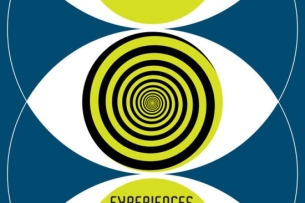Filter & Sort

Anatomy of a Smear
Scholars should speak out against those who have weaponized the language of “safety,” “security,” “acknowledgment” and “inclusion” to silence anyone who disagrees with them, argues Peter Wood.

Ronell's Complaint
Avital Ronell's new book, Complaint, is not really about the recent harassment case, writes Scott McLemee. At the same time, it’s not exactly not about it.

A #MeTooSociology Reckoning
The case of Michael Kimmel, argue Kris Macomber and Matt Ezzell, raises two crucial questions: What makes holding powerful men accountable so difficult, and where do we go from here?

What Every College Leader Should Know About Blockchain
Amid the hype, the technology really does have major implications for higher education research, accountability and credentials, Daniel Pianko writes.

Asian Americans at Harvard: Welcome to Campus
A lawsuit joined by the U.S. Justice Department distorts the way admissions works, writes Julie J. Park.

Escaping Westworld
In the future, we won't be able to sidestep the ethical and policy issues linked to the use of technology, writes Lynn Pasquerella, so we must confront the question of how we best prepare students for it.

Wrinkles in Time
In Altered States of Consciousness: Experiences Out of Time and Self, Marc Wittmann underscores how little separates ordinary consciousness from other forms of it, writes Scott McLemee.

Medieval Studies Since Charlottesville
As the field grapples with the past’s racial legacies, the rhetoric of academic freedom is being weaponized against those committed to making it more inclusive, writes Dorothy Kim.
Pagination
Pagination
- 282
- /
- 777